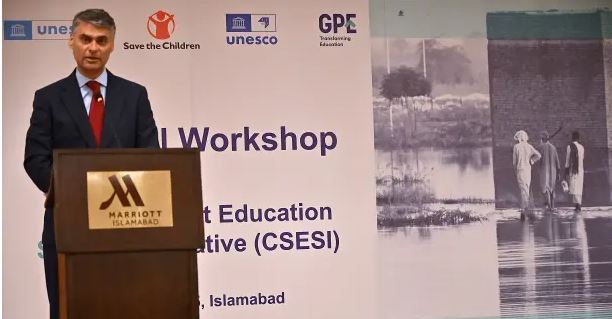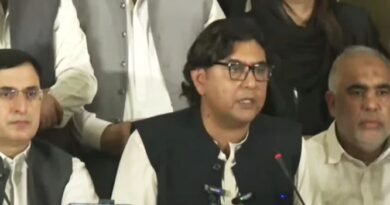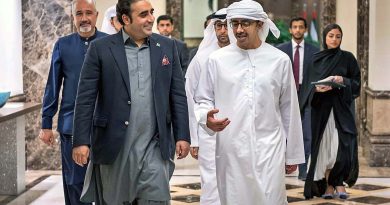UNESCO, Save the Children drive climate smart education in Pakistan
ISLAMABAD: UNESCO and Save the Children, under the auspices of the Global Partnership for Education (GPE), convened a two-day national workshop on the Climate Smart Education Systems Initiative (CSESI).
The event brought together senior officials from the Ministry of Federal Education and Professional Training, Ministry of Climate Change and Environmental Coordination, provincial education departments, disaster management authorities, development partners, and civil society organizations.
The workshop marked a significant milestone in Pakistan’s efforts to mainstream climate resilience within the education sector. Inaugurated under the leadership of the Ministry of Federal Education and Professional Training, the initiative is supported technically by UNESCO, Save the Children, and UNESCO-International Institute of Education Planning (IIEP).
In his opening remarks, Mr. Hassan Saqlain, Additional Secretary of Federal Education and Professional Training emphasized the urgency of embedding climate action into education systems. “Climate change is no longer a distant concern, it is a present challenge that affects our classrooms, infrastructure, and learning outcomes. Pakistan is proud to have embedded climate education into its curriculum, but this must be matched by strengthened teacher training, resilient infrastructure, and systemic policy reforms,” he noted.
In his keynote address, Mr. Fuad Pashayev, the Representative and Head of UNESCO Pakistan Office echoed these sentiments, stating, “Education is both a victim of and a solution to the climate crisis. It empowers learners to protect their communities and environment. Through CSESI, we aim to build climate-smart systems that are not only adaptive but transformative.”
He highlighted the UNESCO’s Greening Education Partnership launched in September 2022 during the UN Transforming Education Summit in New York. This global initiative brings together over 80 Member States and 1,300 organizations to transform education systems across four pillars: greening schools, greening curricula, greening teacher training, and greening communities.
Speaking at the Occasion, Mohmmad Khuram Gondal, Country Director Save the Children reaffirmed the urgent need to address climate change through education, emphasizing that it is high time to equip children and communities with the knowledge and skills to adapt to a changing environment. Save the Children is also initiating a pilot on anticipatory action for education under ECW which will be a complementarity to the CSESI project. He highlighted that Pakistan is increasingly prone to climate-induced disasters, making it imperative to build resilience through a climate-responsive education system.
Workshop participants reviewed findings from provincial scoping inception consultations and assessed the institutional readiness for integrating environmental sustainability across policy, planning, and education delivery. A key outcome will be the development of a national workplan to guide climate-responsive reforms in the sector.
The workshop reaffirmed Pakistan’s commitment to building an education system that not only withstands climate shocks, but leads the way to sustainable and equitable education and support children and communities to become resilient to climate change. NNI



